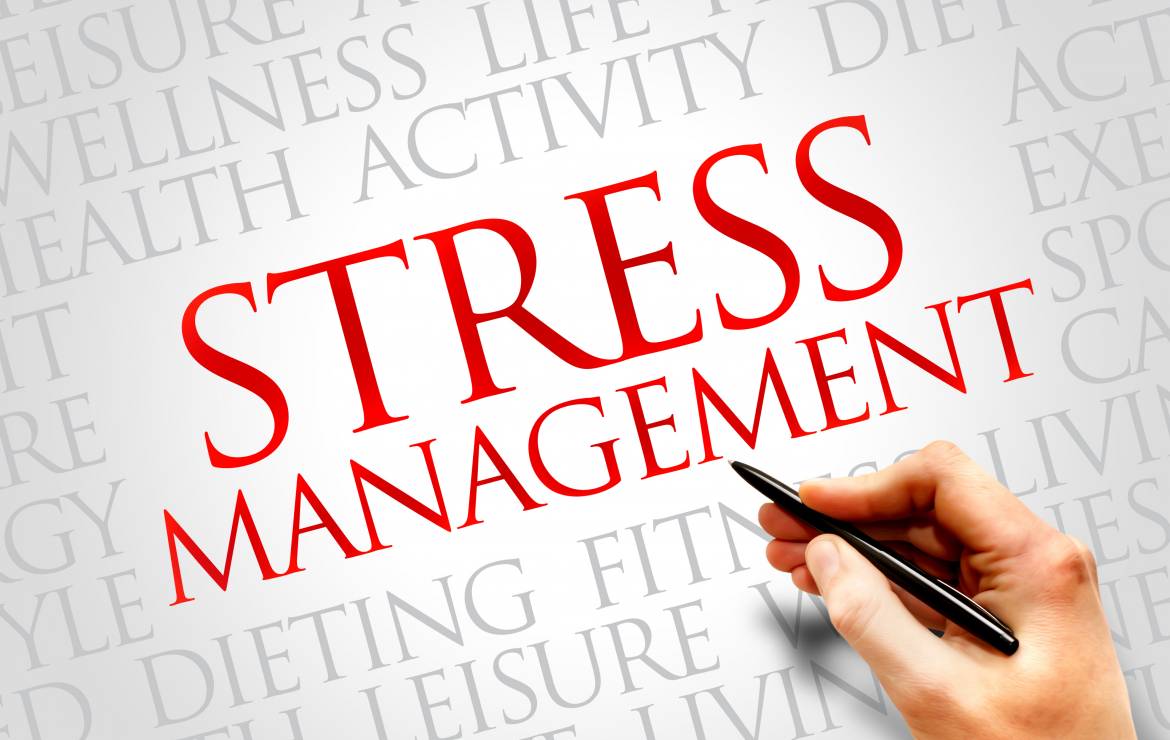 Stress. It is common for people seeking counseling to mention it as a primary symptom. Experiencing stress and being overwhelmed for a prolonged period of time can contribute to, cause, or exacerbate many mental health and physical health conditions. Research shows the importance of reducing stress to prevent development of depression, panic attacks, cardiovascular conditions, and other problems. Part of the problem is that we find
Stress. It is common for people seeking counseling to mention it as a primary symptom. Experiencing stress and being overwhelmed for a prolonged period of time can contribute to, cause, or exacerbate many mental health and physical health conditions. Research shows the importance of reducing stress to prevent development of depression, panic attacks, cardiovascular conditions, and other problems. Part of the problem is that we find
ourselves living in an accelerated culture, one in which we have to balance a number of priorities and pressures, and we often find that self-care activities are left on hold – we just don’t have the time. We balance career, family, raising children, taking care of parents, helping others, etc. I believe that we are always trying to move towards balance, which is always elusive, but as long as we are trying, we are doing well. Sometimes it may not seem like balance at all. When we prioritize some of these over others, in time, we will begin to be out of balance, so to speak.
Generally speaking, when I meet with a new patient in my practice complaining of stress, I pay attention to what has been avoided. I have come to understand that being human means we have different areas of our lives that need our attention and where we are constantly evolving. These can be understood as mind, physical body (soma), spirit, relationships, sexuality, career, and emotions. When we only focus on a few of these and avoid other parts, there is typically a cost of some sort. Here is an example. Consider someone who has devoted a lot of time and energy and has become successful in his or her career, but the family was not in the proper order of priority, and a marriage ended in a divorce. This is an example of focusing on one area of our lives and neglecting other areas. Successful therapy here would be to get married to another person where the same pattern is repeated (just kidding). Rather, for the person to gain awareness of this cycle, he or she must connect with the importance of relationships and prioritize relationships so that there is more balance.
This may mean taking a hard look at making changes in your work world in order to have more balance. This is really difficult since it would mean that you would have to stand up for yourself against the different people and life areas that would demand you continue with the status quo. For example, you may have to set some boundaries with your boss, and go home on schedule which for many would be a difficult task. It is important to share your feelings, opinions, and needs assertively and politely. If other people do not hear your needs that’s ok, as long as you know that you are important and that your needs matter. Remember, you are the only person who can make changes for you, and you must take responsibility for your choices if self-care and a balanced lifestyle is important to you. Start by identifying one part of your life that has been avoided (mind, physical body, spirit, relationships, sexuality, career, emotions.) Ask yourself these questions … How important is it for me to pay more attention to the growth in this particular area and what are my goals? What tough decisions do I need to make for myself to be able to achieve my goals? Who are those people in my corner who can help support me in making a change? Once you have taken the first steps towards action, you should be able to start reducing stress and experiencing a healthier and more balanced lifestyle.
This article is part one of a three part series. Please check back for additional articles in the next few weeks about stress management.


Add Comment